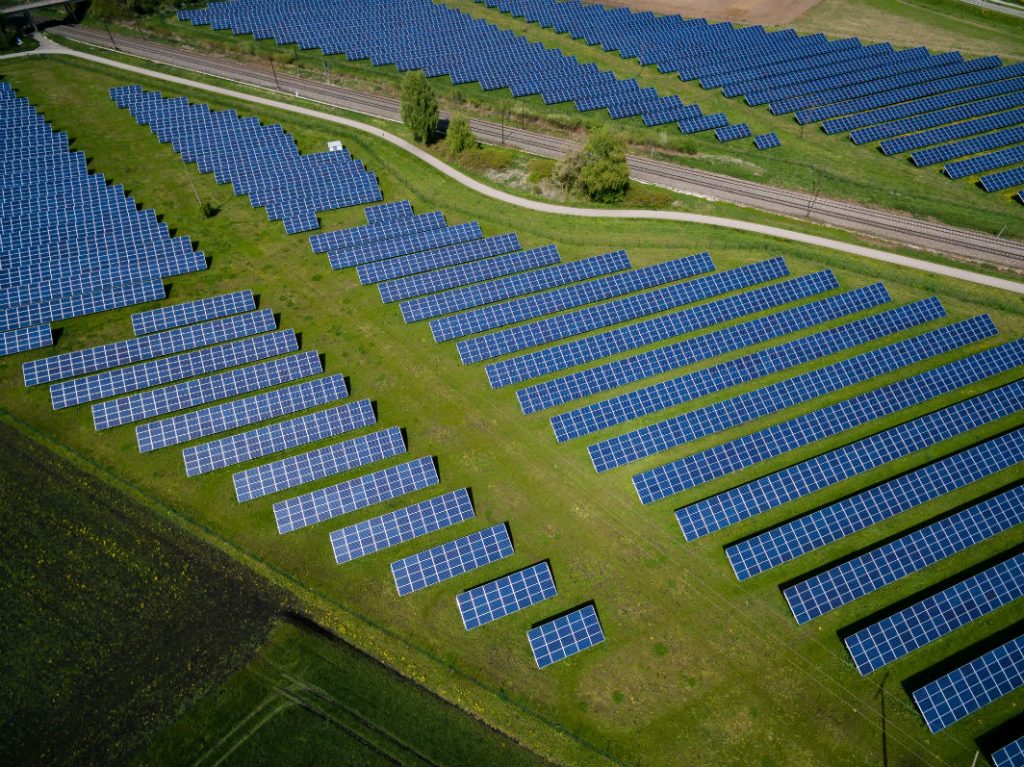Ask the expert: what will the Smart Export Guarantee mean for business?
The Government is consulting on a new scheme to replace the Feed-In Tariff (FIT) when it ends in March. The Smart Export Guarantee (SEG) is intended to introduce more competition into the energy market and maximise the potential of small-scale generation. We asked Hub renewables expert Martyn Gilbert what the scheme will involve.
What is SEG and why do I need to know about it?
The Smart Export Guarantee scheme is a renewable energy export scheme. It’s intended to replace the Feed-In Tariff scheme. So from spring 2019, any home or business installing a new solar panel, wind turbine or other renewable energy generator will come under the SEG scheme rather than FIT.
When is FIT ending – and why?
The FIT scheme will be closed to new applications from 31st March 2019. The Government’s consultation paper on the changes gives an upbeat account of FIT, saying that it has enabled substantial progress towards a low-carbon UK economy. But now the Government wants to move away from the old model of subsidies and fixed pricing and towards a more market-based pricing structure. The new generation of smart meters, with improved cross-supplier compatibility, allows them to make remuneration more demand-sensitive while still ensuring that generators are compensated for exporting electricity; that’s why it’s called the Smart Export Guarantee.
Will the FIT payments to my business stop when SEG comes in?
No. Any new renewable energy generators you install after 31st March will fall under SEG, but your existing generators will continue to receive FIT payments under the existing terms, providing that they were accredited under FIT before the deadline. (There are also a couple of exceptions to the deadline, allowing limited time extensions in certain circumstances.)
How will the introduction of SEG affect business?
It’s important to remember that SEG is still at the consultation phase, so there’s still a lot of scope for changes. The feedback we give at this stage will shape the final version of the scheme, so I’d urge businesses to share their views now, before it’s all set in stone.
Having said that, the key aspects are unlikely to change much. Like FIT, it’s intended to encourage the generation of renewable electricity on a small scale: homes and businesses, basically. But the pricing structure is very different. While FIT set a flat-rate export tariff, SEG requires suppliers to offer generators a price per kWh for the electricity they export to the grid.
Another important difference is that when SEG comes in, the actual amount of electricity exported will be measured and then the business generating it will be paid accordingly. Under FIT, the assumption is that small-scale generators export half of the electricity they produce, and they get paid for that even when they don’t export that much (or the grid doesn’t need it). So we can expect to see remuneration for generators more closely linked to the actual amount of energy exported and actual market demand.
Will SEG reduce the ROI of new generators? Should businesses hurry to get installations done before the deadline so they can get paid under the old scheme?
It’s impossible for anybody to predict exactly how SEG will affect the return on investment for new renewables, because the whole point is that pricing will be determined by the market rather than set in advance by Government. But I definitely wouldn’t rush to move your planned installation projects forward. It’s important to remember that just like FIT, the point of SEG is to encourage more small-scale renewable energy generation, so the architects of the scheme won’t want to significantly reduce the financial incentives for that. Right now there are a range of different tariff options on the table, and it’s important that businesses feed back to the Government consultation so that the eventual scheme is as good as it can be for business.
Proposals for the SEG scheme are currently out for consultation. You can have your say until 5th March 2019.
The Energy Advice Hub is powered by BiU, the UK’s leading energy and utility consultancy. If you’d like advice on SECR or the Smart Export Guarantee, give us a call on 01253 785409 or email energy-hub@biu.com.

